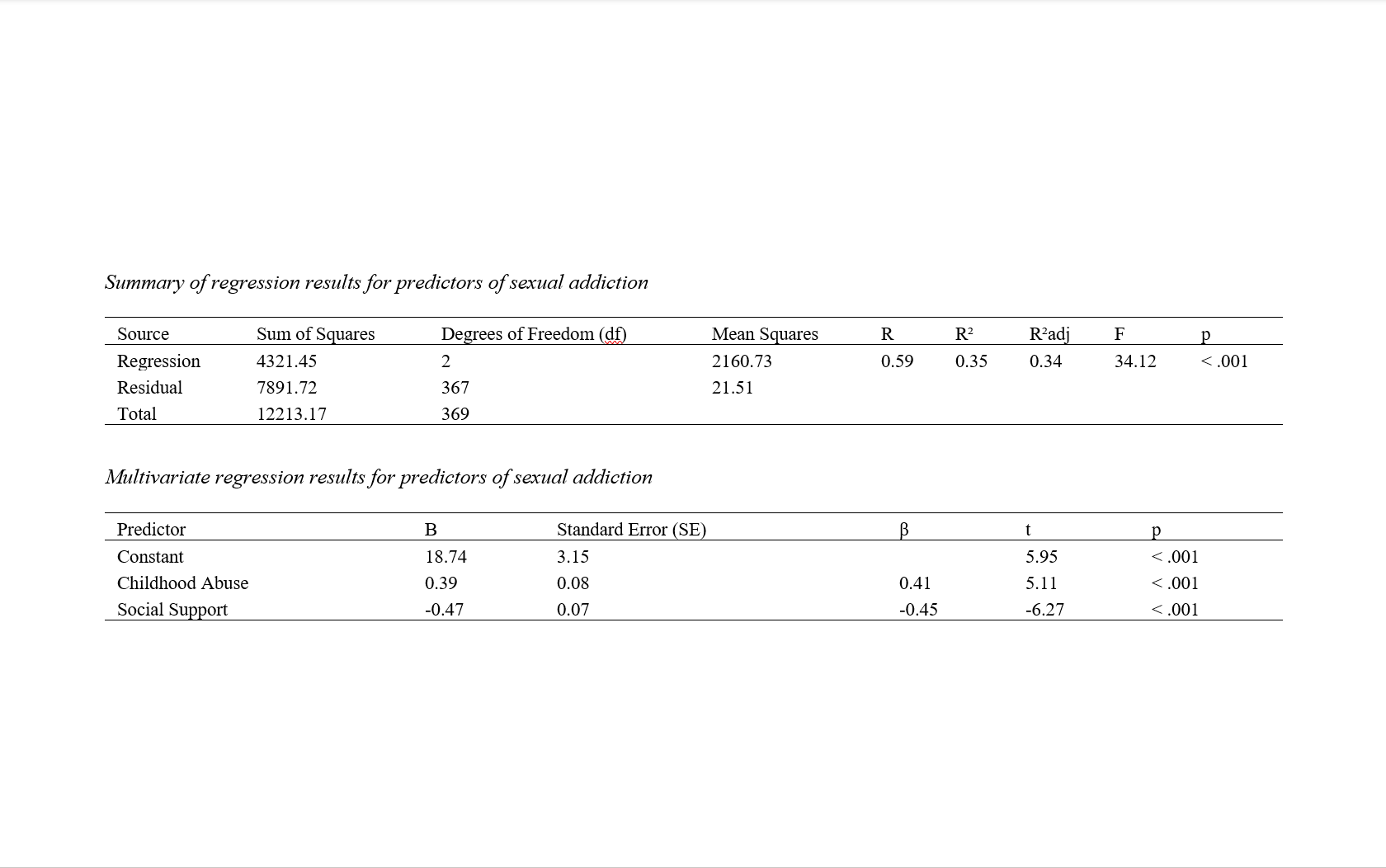The Role of Childhood Abuse and Self-Regulation in Dark Personality Traits
Keywords:
Childhood trauma, self-regulation difficulties, dark personality traitsAbstract
Objective: This study aims to examine the relationship between childhood abuse and self-regulation, with a specific focus on how dark personality traits mediate this relationship in university students in Tehran.
Methods and Materials: The research adopted a cross-sectional design and included university students from undergraduate, master's, and doctoral programs during the academic year 2021-22. Using convenience sampling, 400 students were selected to participate. Data were collected through three standardized instruments: the Childhood Trauma Questionnaire (CTQ) for childhood abuse, the Dark Triad Personality Traits Questionnaire for dark personality traits (Machiavellianism, Psychopathy, Narcissism), and the Self-Regulation Questionnaire (SRQ) to measure self-regulation. Linear regression analysis was conducted using SPSS-27 to explore the relationships between childhood trauma, dark personality traits, and self-regulation, with a significance level set at p < 0.05.
Findings: The findings revealed that childhood trauma significantly predicted self-regulation skills, with dark personality traits (Machiavellianism, Psychopathy, and Narcissism) acting as mediators in this relationship. Specifically, higher levels of childhood abuse were associated with lower self-regulation abilities, and dark traits such as high Machiavellianism and Psychopathy exacerbated this negative relationship. Additionally, significant correlations were found between all subscales of the CTQ and SRQ, as well as between dark traits and poor self-regulation.
Conclusion: This study concludes that childhood abuse has a detrimental effect on self-regulation, and this relationship is moderated by dark personality traits. It highlights the importance of considering both traumatic experiences and personality factors in understanding self-regulation challenges in young adults. Interventions aimed at improving self-regulation should address both childhood trauma and dark personality traits to enhance emotional well-being and personal development.
Downloads

Downloads
Additional Files
Published
Submitted
Revised
Accepted
Issue
Section
License
Copyright (c) 2025 Atiyeh Shirazi (Author); Mehdi Manouchehri (Corresponding Author); Afshin Salahian , Bita Nasrollahi (Author)

This work is licensed under a Creative Commons Attribution-NonCommercial 4.0 International License.








